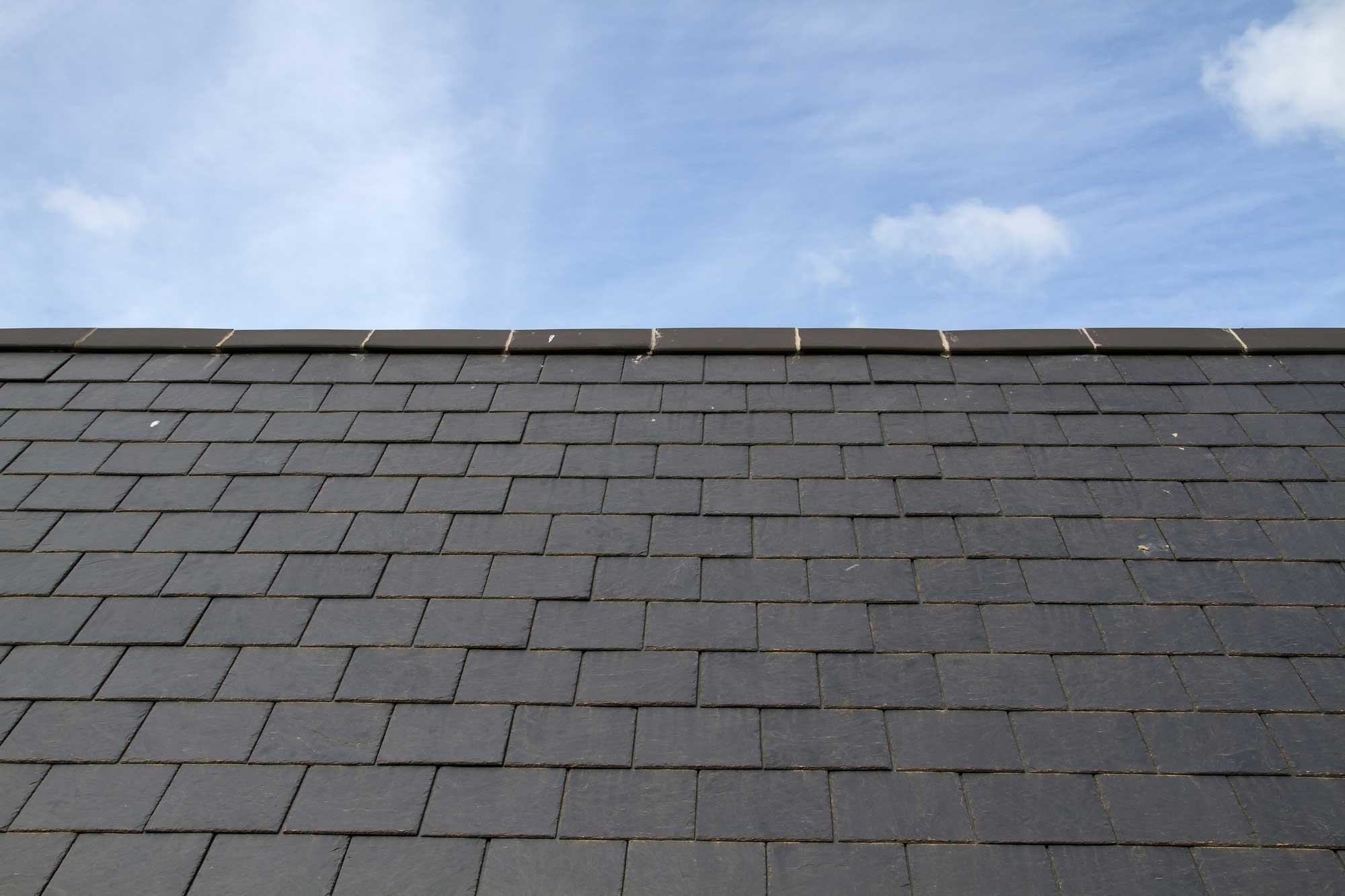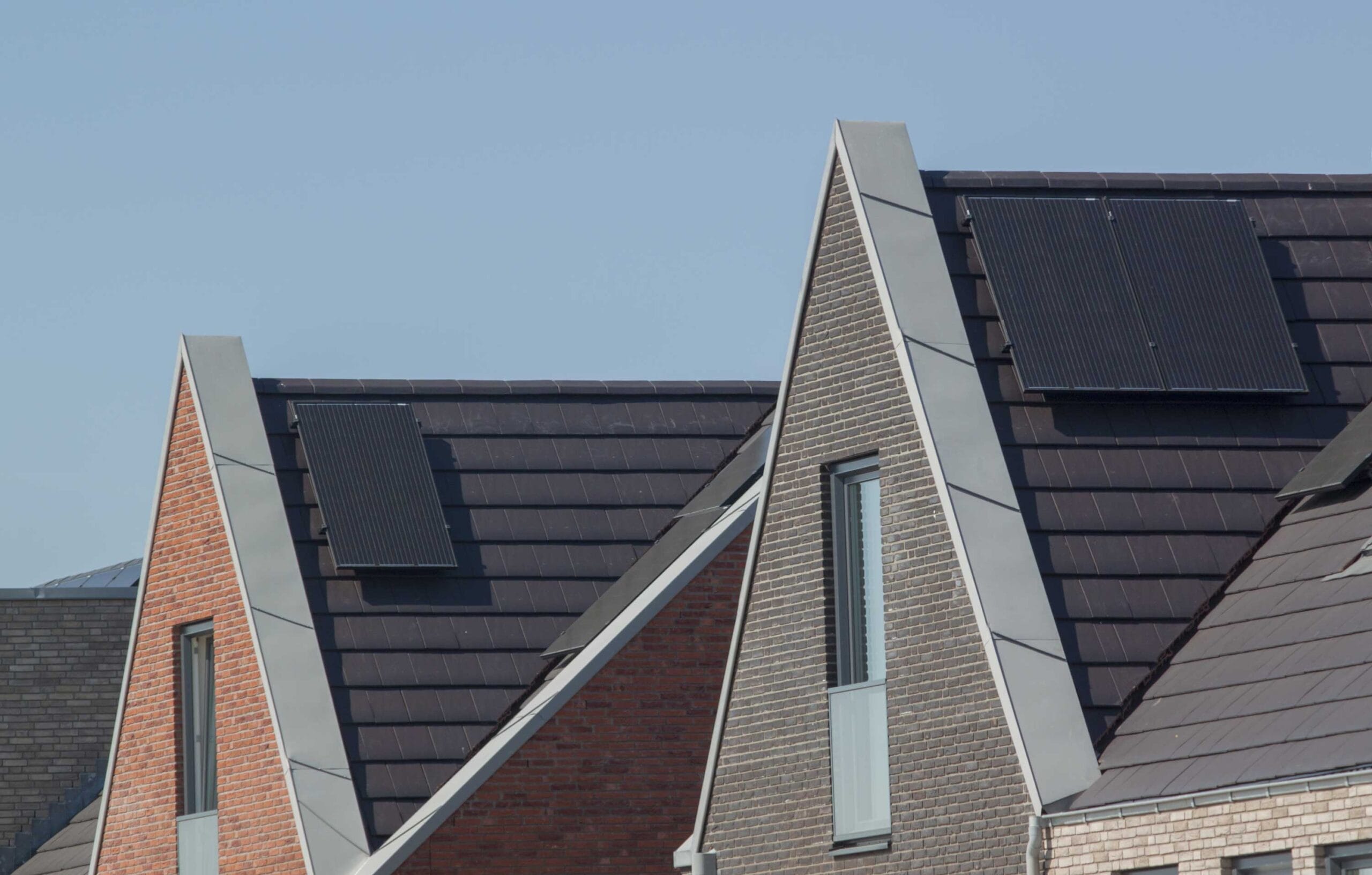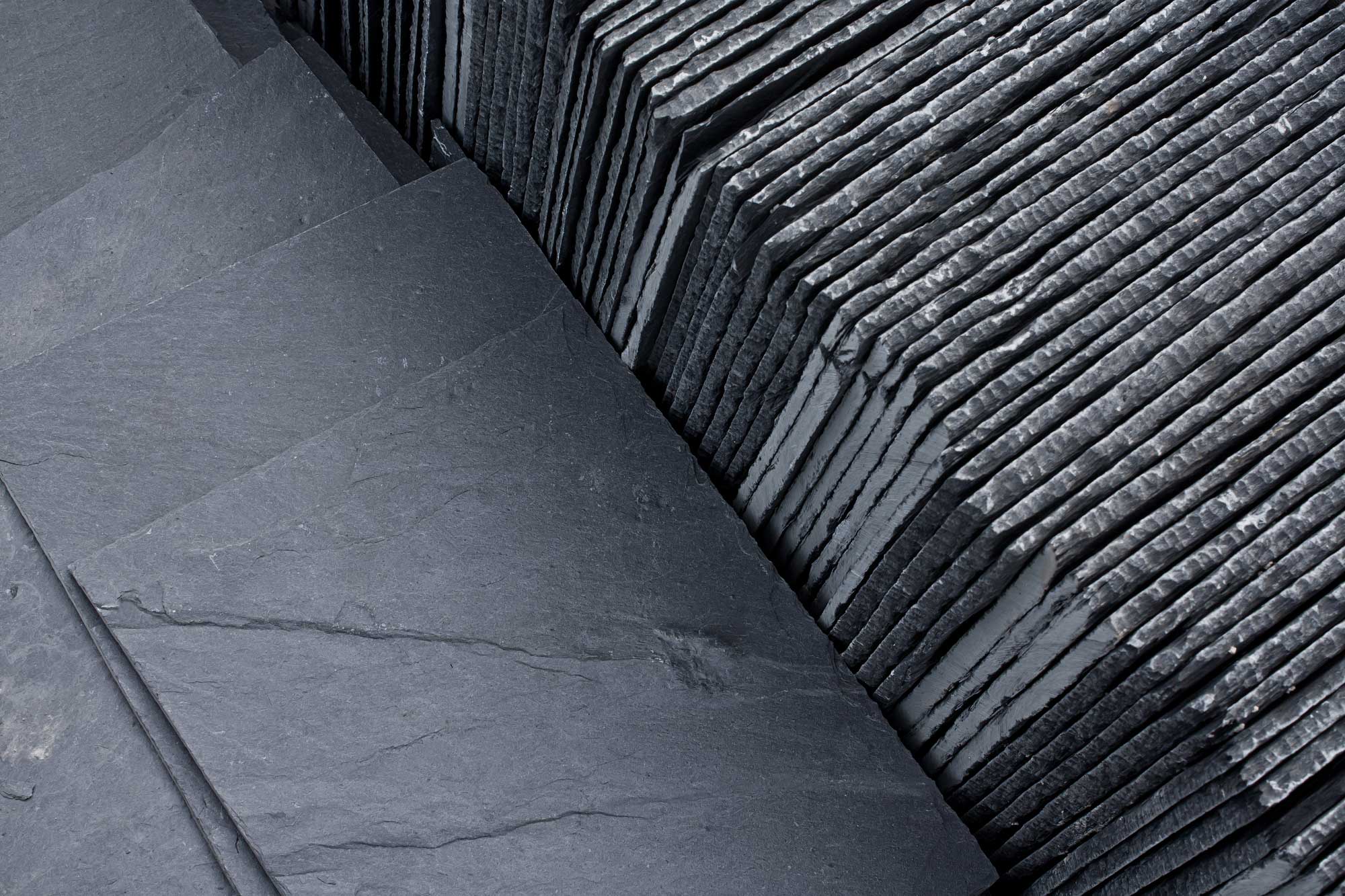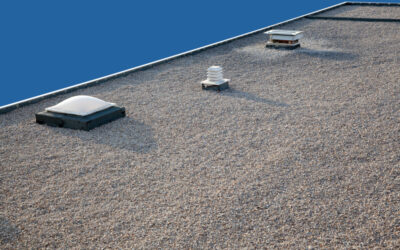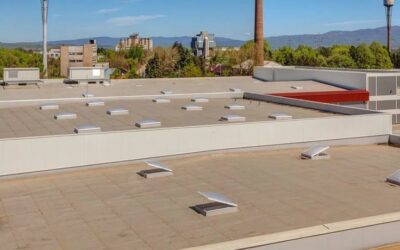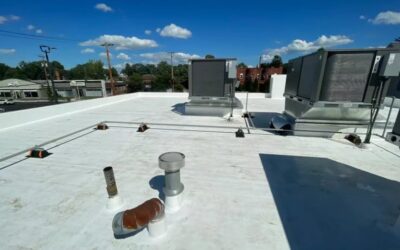Your roof plays a critical role in defining your home’s aesthetic appeal and protecting it from the elements. When it comes to choosing the perfect roofing material, you’re faced with numerous options. However, one material that stands out for its timeless elegance and sophisticated appearance is slate. A slate roof can set your home apart from others on the block, thanks to its striking beauty and unique texture.
But there’s a crucial decision to be made within the realm of slate roofing – should you opt for natural or synthetic slate? Here are the intricacies of these two options which will help you make an informed choice tailored to your specific needs.
Understanding Natural and Synthetic Slate:
Natural Slate:
Natural slate, a classic choice for many homeowners, is renowned for its unrivaled durability and long-lasting performance. This roofing material is extracted from quarries and then meticulously created into square tiles, with each piece installed individually on your roof. The allure of natural slate is undeniable, but it does come with certain considerations. Availability can be a concern, as sourcing high-quality natural slate tiles may require patience. Additionally, the weight of natural slate can be substantial, potentially necessitating structural enhancements for your home.
Synthetic Slate:
In contrast, synthetic slate offers a more budget-friendly and versatile alternative. This option is constructed using recycled materials, including asphalt and rubber polymers, designed to closely mimic the appearance of natural slate. To enhance its authenticity, chisel marks are thoughtfully added. The most significant advantage of synthetic slate is its lightweight nature, eliminating the need for costly structural modifications.
Key Differences Between Natural and Synthetic Slate:
Eco-Friendly
An essential difference between natural and synthetic slate lies in their environmental impact. Natural slate, at the end of its life, is not recyclable or reusable, potentially contributing to landfill waste. Synthetic slate, on the other hand, can be repurposed in various creative ways, such as garden edging, pond lining, outdoor murals, plant markers, and even birdhouses.
Weight
Natural slate can be quite heavy, making it necessary to reinforce your home’s structure to accommodate the added load. In contrast, synthetic slate is approximately half the weight, resulting in cost savings during installation and often eliminating the need for structural upgrades.
Cost
The financial aspect is a crucial consideration. Natural slate roofing can be nearly twice as expensive as synthetic slate. Furthermore, the additional structural support required for natural slate can add to the overall cost. Synthetic slate is not only cost-effective in terms of material cost but also cost-efficient in terms of installation and maintenance.
Longevity
Synthetic slate tiles are known for their impressive durability. They are fire-resistant, impact-resistant, and can withstand extreme weather conditions, including severe winds, strong storms, and hail. Natural slate may struggle to match the longevity and resilience of its synthetic counterpart. With the strength offered by synthetic slate, its lifespan can extend to nearly a century, often surpassing the lifespan of the home itself.
Appearance
If you desire a residential roofing material that makes your home stand out, synthetic slate is an ideal choice. It closely resembles real slate, including chisel marks that give it an authentic appearance. Your neighbors might even think you’ve invested a fortune in your roof.
Which Slate Roofing Is Right for You?
Ultimately, the choice between natural and synthetic slate depends on your specific needs and preferences. If you’re concerned about the environment and prefer a roofing material that can be repurposed after its useful life, synthetic slate offers a significant advantage. Additionally, its lightweight nature can save you on structural modifications and installation costs, making it a practical choice for budget-conscious homeowners.
On the other hand, if you’re drawn to the timeless beauty and authenticity of natural slate and are willing to invest in the required structural enhancements, it can be a stunning addition to your home.
In both cases, slate roofing, whether natural or synthetic, offers outstanding longevity and can significantly enhance the aesthetic appeal of your home. Your decision should align with your values, budget, and the unique characteristics of your property.
Contact Industrial Roofing Contractors in Philadelphia
For more information and personalized guidance on your roofing project, consider reaching out to Industrial Roofing Contractors in Philadelphia. With years of experience serving the local area, we have the expertise and excellent customer service to help you make the best roofing decisions for your home. We’re ready to discuss how a slate roof can make your home stand out from the rest on your block. Call us today to embark on your roofing journey with confidence.


